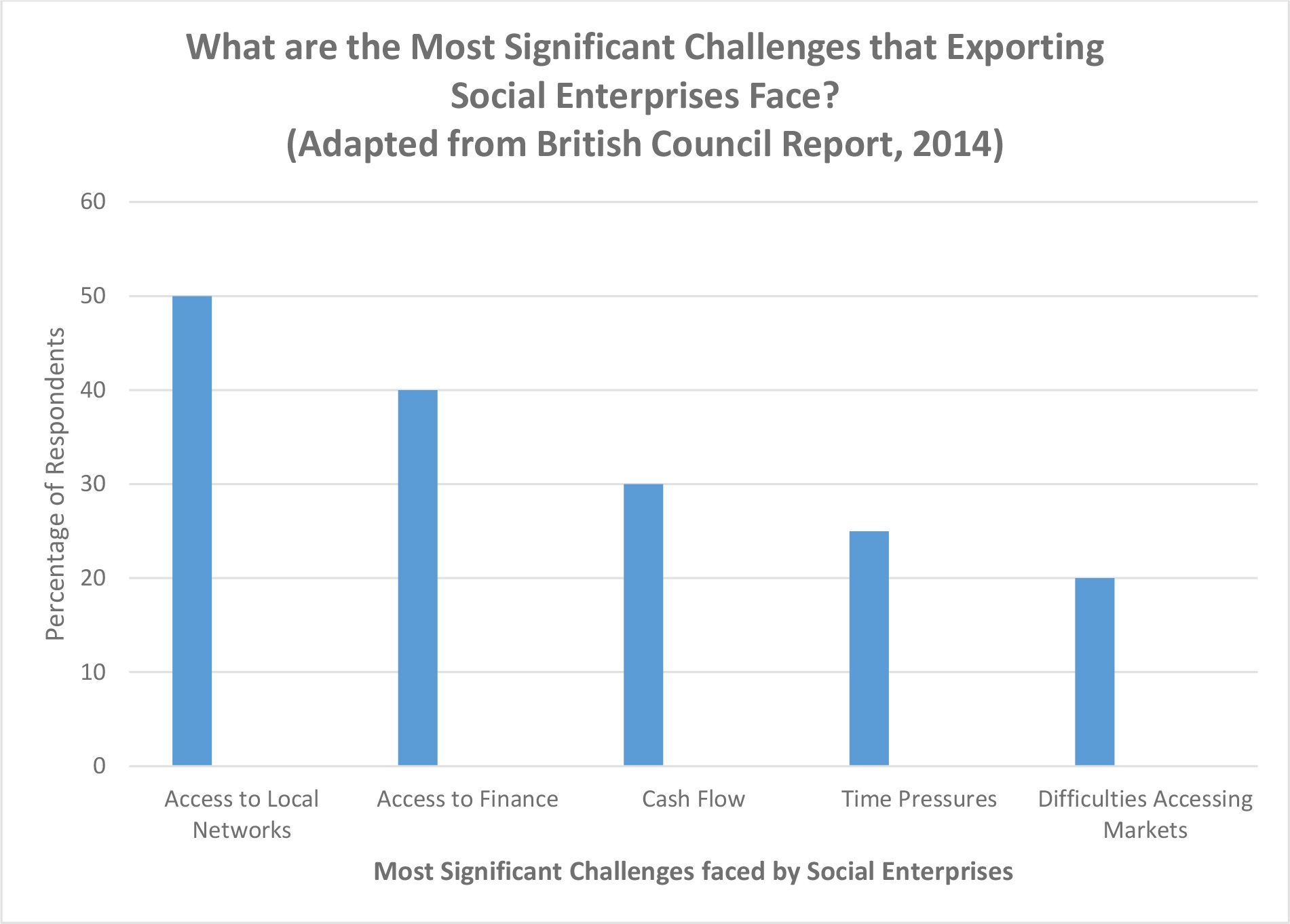Barriers and challenges can occur in different ways, for example in terms of capacity, leadership, planning, and product branding.
Capacity
Organisational capacity can pose challenges for the internationalisation of social businesses. In terms of staffing capacity, social enterprises are often unable to hire experts in the field of social entrepreneurship, let alone experts in international business, as financial resources are scarce.
Limited staffing capacity also affects production capacity. Social businesses may struggle to produce a certain about of products. Especially, when they are handmade. In terms of financial capacity, social enterprises are often unable to hire experts in the field of social entrepreneurship, let alone experts in international business.
Beside, social businesses may struggle to produce a certain amount of products. Especially, when their products are handmade. In many cases, products are manufactured by people with disabilities.
As social enterprises have limited resources, in many cases they have not enough resources to expand or go for internationalisation. So many social businesses are focused on local market with idea „Think globally, act locally“
Leadership
Operating a social enterprise internationally can also result in additional stress to the team members, but, particularly to the leader. Sometimes the founder / leader has to endure periods when he / she is not paid by the enterprise. This can also affect the staff because of the lack of financial motivation.


